Food safety is one of the topmost concerns of a traveler when they visit or move to a new country. To understand more about local culture, travelers are often eager to try new food but it is useful to research a little about health standards in these countries as well. Our guide to food safety will prevent you from getting sick so that you can eat like a local and enjoy your trip to the fullest level.
Contents
Is Street Food Safe or Not?
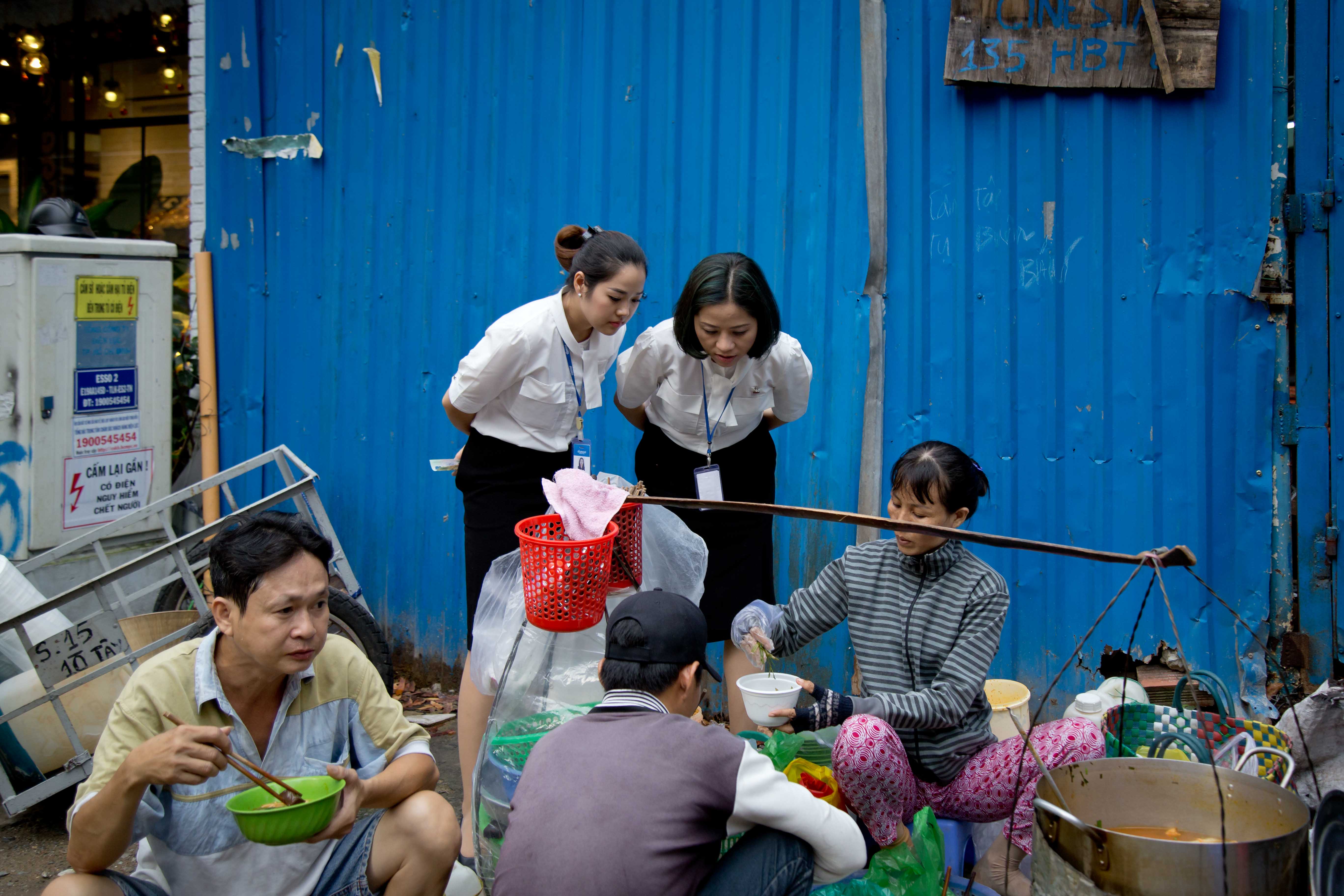
The answer is that it depends! Some street food stall vendors do not take the necessary hygienic precautions, yet some do. Therefore, before you choose a place to eat at, observe it first. The first thing to look out for is to see if the stall is busy. A busy stall would mean that many customers would eat there, so this indicates that the stall is safe. Not only that, but the food is probably delicious! Avoid stalls that are not crowded as this indicates the opposite. You should also avoid street food stalls where vendors use dirty oil to cook. You can observe this yourself – check which bottle the vendor uses to store their oil and also look at the oil in the pan they are using. If the color looks brown or even black, stay away from it.
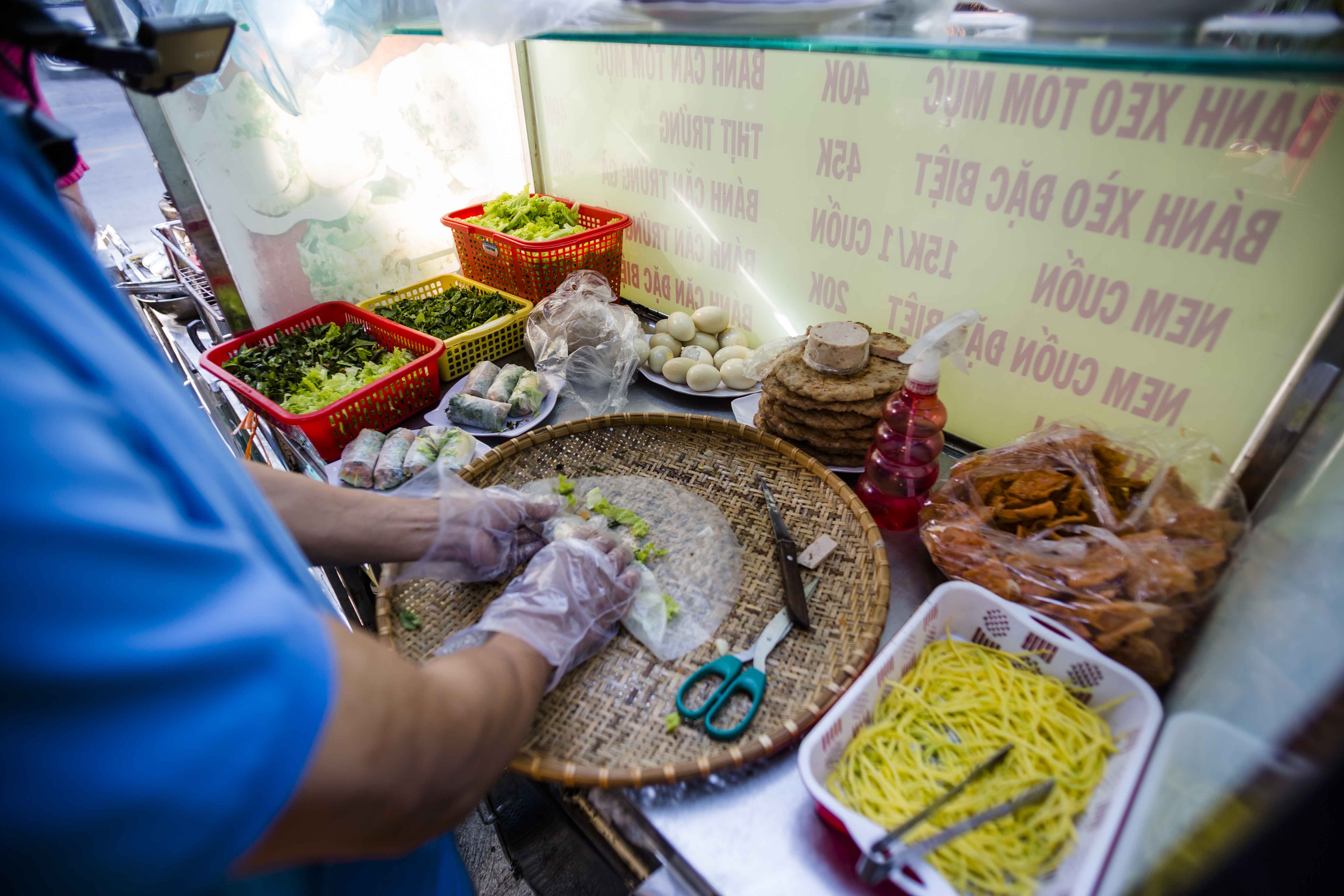
Some food stalls are covered on all three sides with glass, protecting the food from harmful germs. If you are here for the first time, do not try food stalls where food is left in the open as this would mean the ingredients could easily go bad. However, the longer you stay, the more adapted your stomach will get to this.
Also, in most cases, make sure to carefully observe the ingredients of stalls that offer dishes which are very cheap, because the suppliers may not good. Cheap ingredients often have banned pesticides in them. When it comes to meats, spoiled meat is sometimes covered by cooking them using chemicals. Watch out for those!
A Small Tip
If you enjoy eating food such as phở, bún bò Huế (spicy beef noodle) or any other dish that is a combination of vegetables, you can tell the seller to dip the vegetables into hot water just in case you worry that you will get food poisoning. When you eat phở, try to order it with well-done steak.
Restaurants
Do you think restaurant food is safer than street food? The answer is yes and no. Some restaurants use food which has been frozen for a long time so it is not healthy at all because of the preservatives inside allowing the food to be kept frozen. Frozen food has more fat than food kept in normal temperature as well. However, if you want to quickly adapt to food in Vietnam, eating at restaurants is a great start because the food is mostly safe.
Food Poisoning
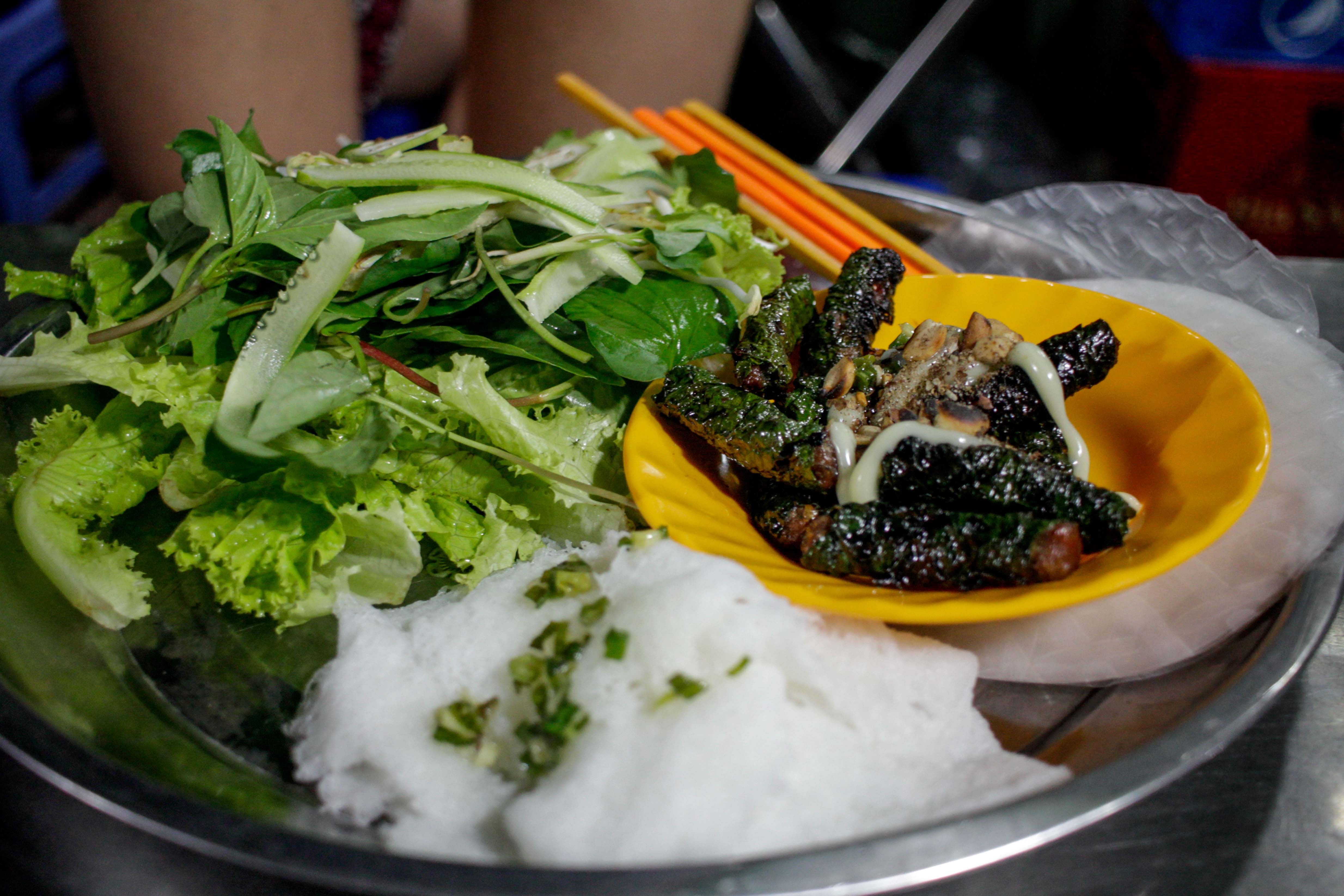
In Vietnam, not all sellers use stoves to pick the food so it is one of the concern. When handling food like that, many bacteria can be transmitted so it will make people get sick easily.
Also, because of the hot weather here, food is spoiled quickly. Therefore, you should be careful when you eat rice or salad. One of the best ways to check is to smell it first. If you feel that the smell is not good, then avoid it.
Water & Ice
Water is necessary for everyone. In some countries, people can drink water right from the tap. However, other countries, you should not do that, and that includes Vietnam. Over here you should drink water which has already boiled or for convenience, you can buy bottled water from the convenience store.
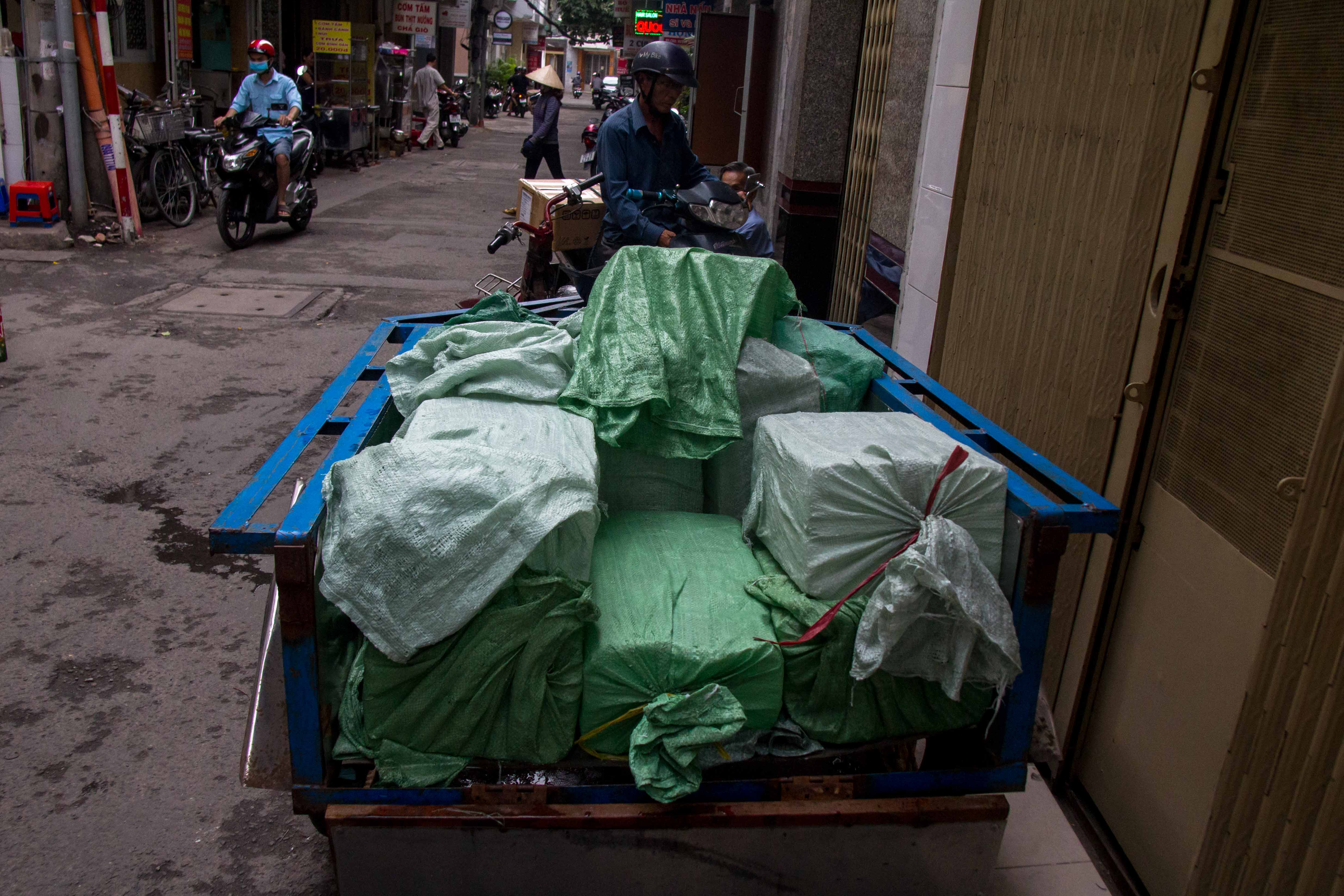
Ice, henceforth, is also a big problem. Try to avoid places using block ice (you can see suppliers in motorbikes bringing these in, often) because the water used for these is often not hygienic. If the ice in your glass looks as if it has been crushed into little pieces from a bigger block of ice, then do not drink it. The only ice you shouldn’t have a problem with is the ones that look like small cubes. The are made more carefully and are more expensive.
Get Medication
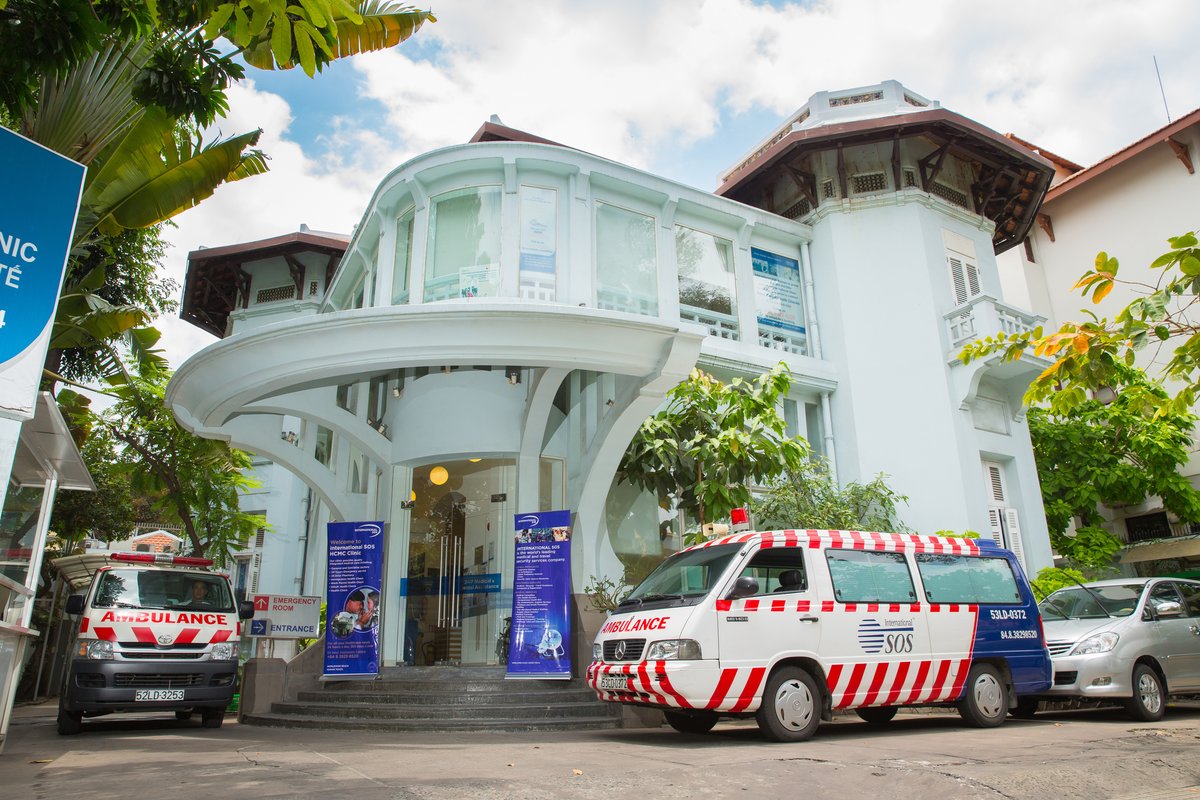
The worst thing about eating wrong food is that you need to get medication as soon as possible. You can go to the drugstore to buy medicine if it seems to you that the illness is not serious. However, if the problem persists and is not a light stomach ache, it is highly recommended that you go to the doctor or the hospital. Here is a good article on finding a suitable hospital for yourself: Healthcare Tips for Vietnam
Apart from what is mentioned above, here are some further food safety tips to help you:
- Bring hand sanitizer to clean your hand before you eat any food, especially snacks that you use your hand for.
- Avoid big hearty meals on your first try. Adapt slowly and once you know you can handle it, go to town!
- Bring some medicine you are familiar with just in case you get an upset stomach.
With all that said, bon apetit!
